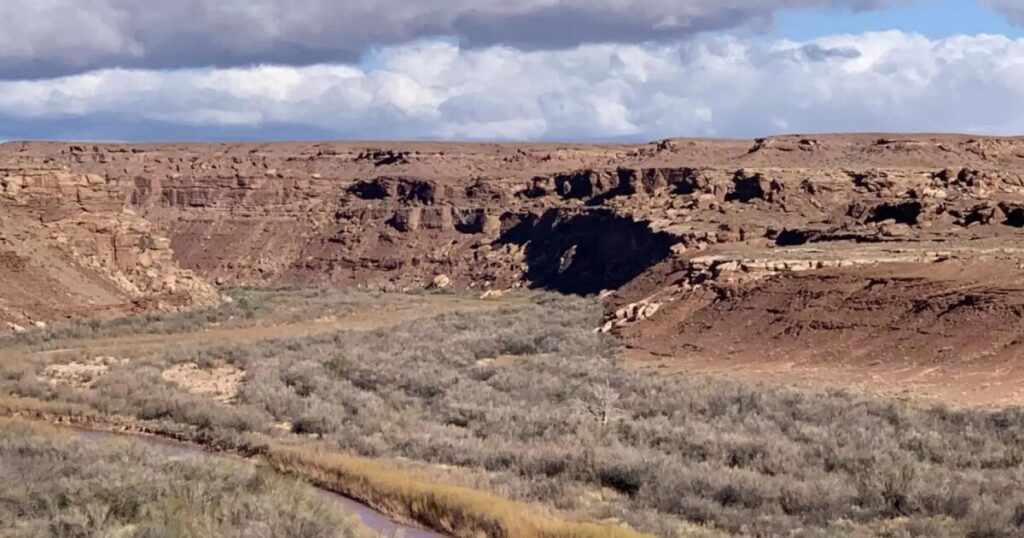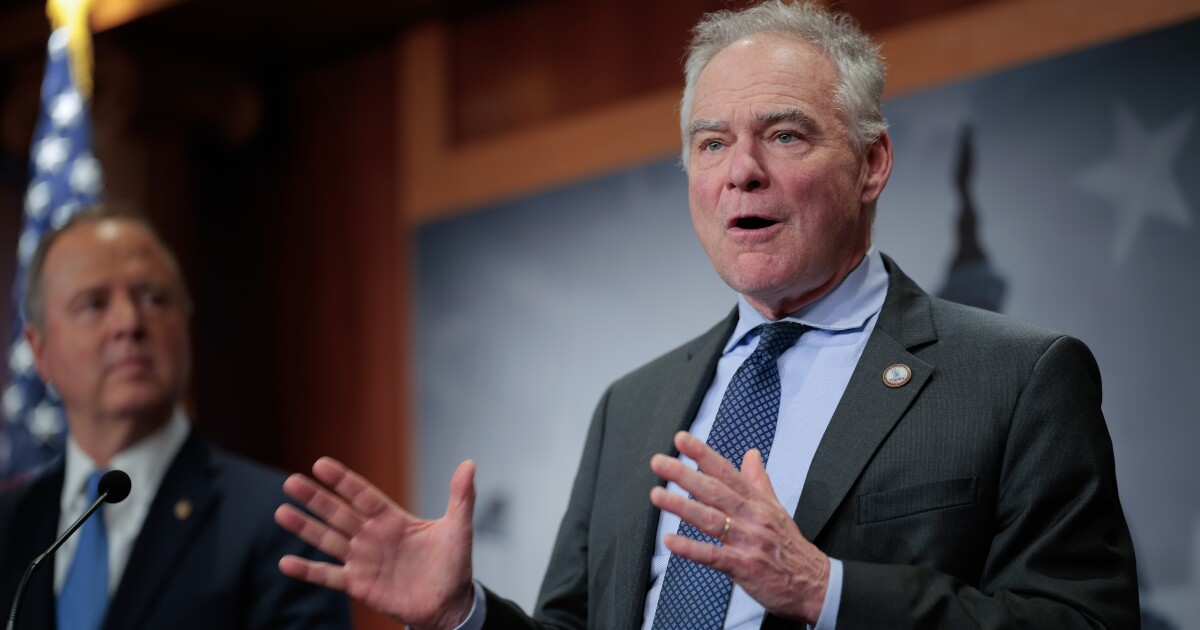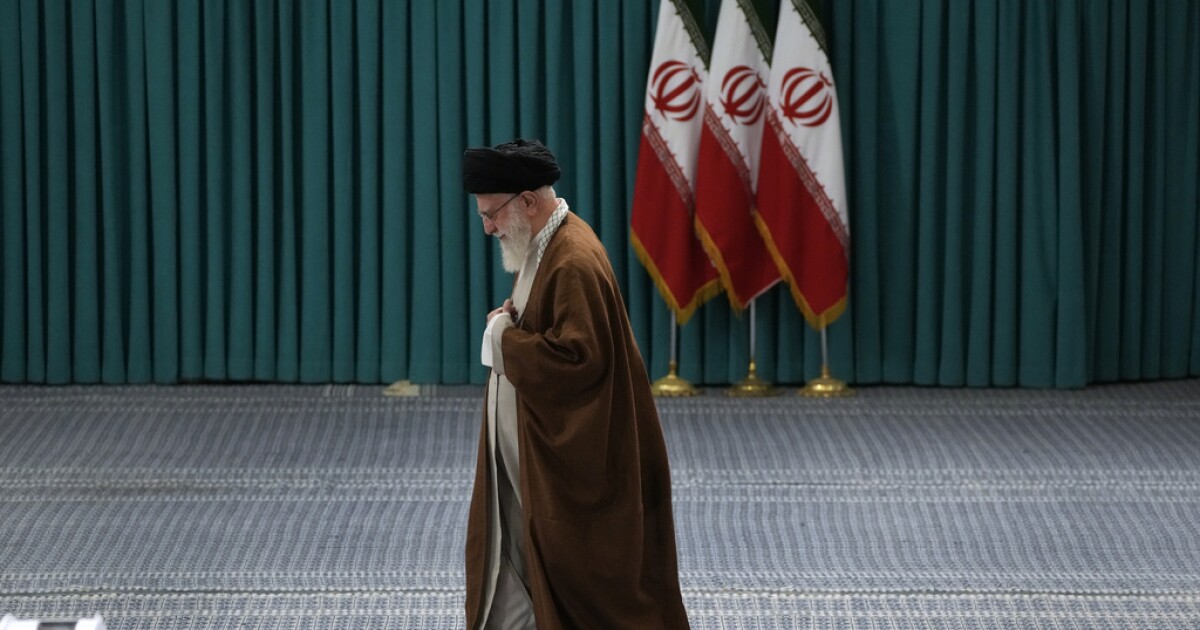Proposed Hydropower Rule Sparks Controversy Among U.S. Tribes
In a move stirring significant debate, the Trump administration has introduced a proposal that could allow developers to secure preliminary permits for hydropower projects on tribal lands, even in the face of opposition from the tribes themselves. This proposal challenges the current Biden-era regulation, which requires consent from tribes before such permits are issued by the Federal Energy Regulatory Commission (FERC).
The catalyst for this potential change is a request from Energy Secretary Chris Wright, who has urged FERC to reconsider its stance. This development has raised concerns among tribal leaders, including Stewart Koyiyumptewa, the Hopi tribal historic preservation officer. “He put tribes in the same sentence as third parties, and what that tells me is that there’s that lack of respect,” Koyiyumptewa remarked, highlighting the risk of tribes being left out of critical decision-making processes.
The Hopi tribe has expressed its “strong opposition,” citing potential delays and inefficiencies that might arise from the proposed rule. Hopi Council member LeRoy Shingoitewa emphasized the need to ensure that any development on Hopi lands benefits the tribe, stating, “In the end, our role is to make sure that whatever is being proposed on our Hopi lands is going to benefit our Hopi people.”
Meanwhile, the issue of managing Colorado River allocations remains unresolved, prompting Arizona leaders to urge the U.S. Department of the Interior to take action.
Critics of the proposed rule, such as Aaron Paul from the Grand Canyon Trust, argue that it threatens tribal sovereignty. Paul questioned the fairness of the policy change, noting, “If you’re a non-Indian rancher in Utah or Idaho, surely you want to have authority over whether hydropower gets built on your lands.” This sentiment is echoed by the Inter Tribal Association of Arizona.
On the other hand, the Navajo Nation has seen positive interactions with developers under the current rule, according to Navajo Acting Assistant Attorney General Erika Pirotte. “What we’ve seen is contrary to, I think, what was included in the letter for the request for rulemaking from the Secretary,” Pirotte explained, suggesting that respecting tribal sovereignty has not impeded development.
Before the Biden administration’s rule, FERC was known for issuing preliminary permits with little restraint. Pirotte noted that many projects never advance beyond the planning stages, which can be a significant burden for tribes already facing resource constraints.
The Biden-era rule has already been applied to deny permits for projects such as the “Big Canyon Dam” and other proposed developments on Navajo land. Pirotte argues that involving tribes early in the process fosters successful development and is requesting a 30-day extension for comments due to the short response window impacted by the government shutdown.
For more details, you can view the letter from Energy Secretary Chris Wright and the Hopi tribe’s official comment.
Last month, the Page City Council moved forward with plans to sell 500 acres for the construction of a $15 million data center. But some residents want the issue to go to a city-wide vote.
—
Read More Arizona News










